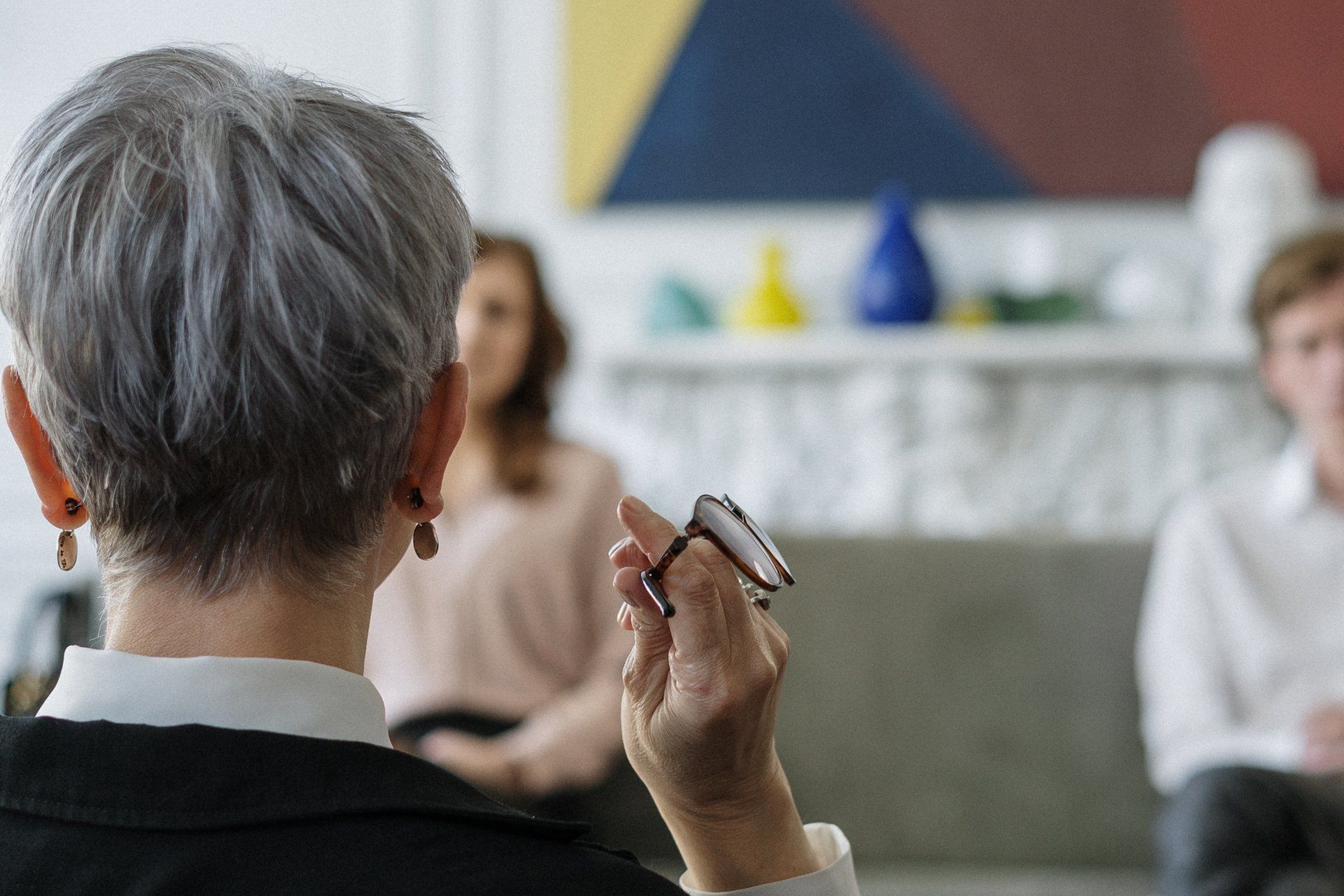Collaborative Divorce

In comparison with typically conflictual divorces, collaborative divorce offers a more cooperative option and puts the power to reach decisions and agreements in the hands of the people concerned. In a collaborative divorce, both parties have an attorney, and both are dedicated to helping the parties reach a mutually beneficial arrangement, unlike in an adversarial divorce when each party represents themselves. Couples may feel confident in knowing that their legal interests are being protected and that their family, not the court, will ultimately make the final choices as a result of this. In contrast to mediation, in the event that the collaborative process is abandoned or proves unsuccessful, the collaborative professionals are bound to a collaborative outcome and are prohibited from taking part in legal actions.
But just like mediation, the collaborative method helps family members take charge of their situation, finds original solutions, and is a less costly divorce procedure than going to court. A loving, supporting, and caring connection between parents and children is supported by the ideal resolution. All parties can go from a collaborative divorce with the assurance that they will only sign an agreement that they feel acceptable, even if it is unusual for neither side to obtain all they desire.
The purpose of the collaborative approach is to guarantee that choices are made with your long-term goals in mind by defining values and finding common ground. All parties involved in a collaborative divorce must act in good faith and with honesty, with the best interests of the whole family as their first priority.
Families with children may benefit most from collaborative divorce since the outcomes are less likely to be relitigated down the road. It is linked to generally decreased parent-child conflict, which is, as we all know, best for the children. The process of Collaborative Divorce is created with the best interests of the children in mind, assisting in making sure their requirements are met. Psychologists frequently play the position of Child Specialist in the collaborative process, in addition to being divorce coaches. As a neutral mental health practitioner, the Child Specialist has particular training in family structures and child development as it relates to divorce and adjustment. In order to help the children during the divorce and to better understand their needs and wishes, this expert may meet with them one-on-one.
For the past 20 years, Dr. Lisa Saponaro has been a licensed clinical psychologist in South Florida. She has often dealt with families and children throughout her career. She provides diagnostic and evaluation services for both adults and children in her Plantation, Florida private office, the Center for Psychological Growth and Wellness. Dr. Saponaro has treated a wide range of mood and behavioral disorders, as well as anxiety, depression, autism, PTSD, suffering, and addictions. In order to help families receive well-rounded care and prioritize the needs of their children, Dr Saponaro has collaborated with a variety of divorce professionals, including attorneys, parenting coordinators, reunification specialists, Guardian Ad Litems, and financial advisors. She has also been acknowledged by the Broward County Courts as an expert in child matters pertaining to divorce.
Following many years of collaborating with families, Dr. Saponaro is now a member of the South Florida Collaborative Professionals and the International Association of Collaborative Professionals. She works as a divorce coach and child specialist in her capacity as a collaboratively trained divorce professional. For additional information on how to schedule a consultation right now, contact Drsaponaro@gmail.com or reach her at 954-577-0095.



